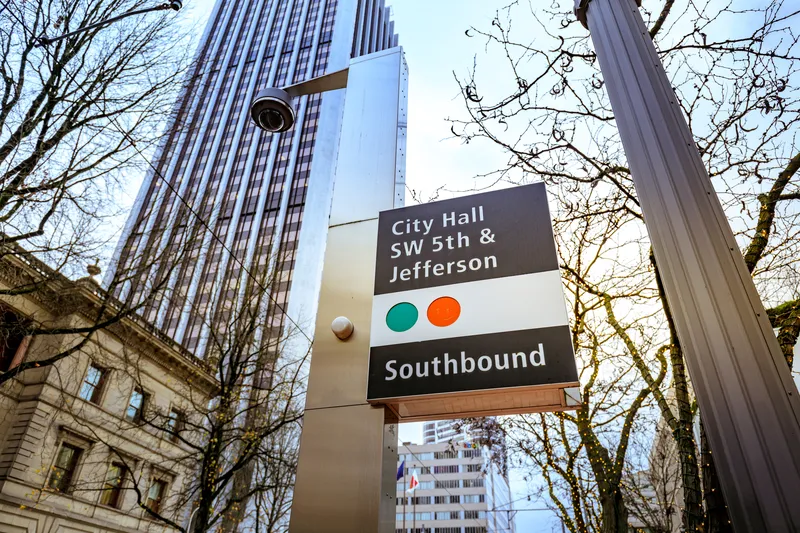During the 2017 Transit Bus Summit in Dallas, Texas Global Traffic Technologies (GTT) will discuss its connected vehicle platform and transit performance analytics, which it says can ensure transit vehicles adhere to published timetables and improve operational efficiencies through detailed performance insights.
GTT’s industry-leading Opticom traffic signal priority system with built-in active schedule and headway management capabilities helps to keep transit services on time and performing optimally in
February 10, 2017
Read time: 1 min
During the 2017 Transit Bus Summit in Dallas, Texas 542 Global Traffic Technologies (GTT) will discuss its connected vehicle platform and transit performance analytics, which it says can ensure transit vehicles adhere to published timetables and improve operational efficiencies through detailed performance insights.
GTT’s industry-leading Opticom traffic signal priority system with built-in active schedule and headway management capabilities helps to keep transit services on time and performing optimally in order to minimise travel times, increase predictability and improve on-time metrics.
In addition, GTT will discuss cloud-based performance analytics, which allow agencies to monitor key metrics including dwell time and travel time by vehicle or route.
GTT’s industry-leading Opticom traffic signal priority system with built-in active schedule and headway management capabilities helps to keep transit services on time and performing optimally in order to minimise travel times, increase predictability and improve on-time metrics.
In addition, GTT will discuss cloud-based performance analytics, which allow agencies to monitor key metrics including dwell time and travel time by vehicle or route.









